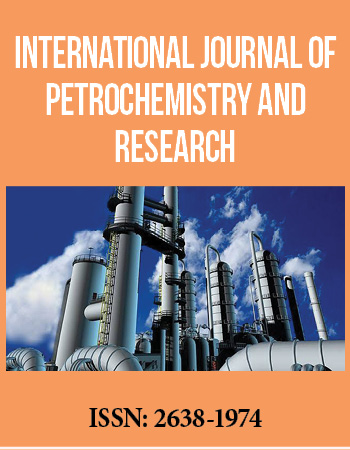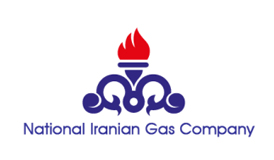International Conference on Oil, Gas and Petrochemistry
April 3-5, 2017 Dubai, UAE
Investigation on indigenous weighting materials as substitute to barite in oil field drilling mud formulation in Nigeria
1Department of Petroleum Engineering, Faculty of Technology, University of Ibadan, Nigeria
2Centre for Petroleum, Energy Economics and Law (CPEEL), University of Ibadan, Nigeria
3Department of Microbiology, Faculty of Science, University of Ibadan, Nigeria
Weighting materials are important components needed to increase the density of drilling mud in order to provide enough hydrostatic pressure to balance abnormal pore pressures. In Nigeria, millions of dollars are spent annually on importing barite to serve this purpose. However, there exist large reserves of weighting materials such as barite, hematite, dolomite, calcite, ilmenite in Nigeria; hence, the need to investigate the suitability of these materials as substitute for imported barite in oil field drilling mud formulations. Samples of barite, haematite, dolomite and calcite were obtained from three geographical locations in Nigeria and pulverised to 3.9µm using the 4-R Pendulum pulveriser, while physicochemical properties of the samples such as specific gravity and percentage purity were determined. Rheological and filtration properties of mud samples of 10-20ppg formulated with the local weighting agents were determined using API rheometer and filter press respectively. A 23 factorial design model was used to obtain optimum combination of additives for the drilling mud slurry. Specific gravity and percentage purity of the local weighting materials ranged from 2.9-5.1 and 71-96% respectively. The plastic viscosity, apparent viscosity, yield point, fluid loss and filter cake thickness of the samples varied from 9.5-14cp, 22-25cp, 18-27Ib/100ft2, 9-13ml and o.16-0.27in respectively. The rheological properties and the filter cake thickness increased with mud weight while the filter loss decreased with mud weight. The performance of local weighting materials were compared to imported barite and the results showed that for a given mud density, Azara barite had the lowest plastic viscosity, while Ikpeshi calcite had the same yield point as the imported barite. However, Itakpe haematite produced the thinnest mud cake, while at lower mud density; Azara barite produced same mud cake thickness as the imported barite. The local materials utilised in this study can be used as weighting materials with appropriate beneficiation, although, with tremendous physiological effects on consortium of resident microbial flora.
Keywords: Barite, drilling fluid, mud density, weighting materials, rheology.



